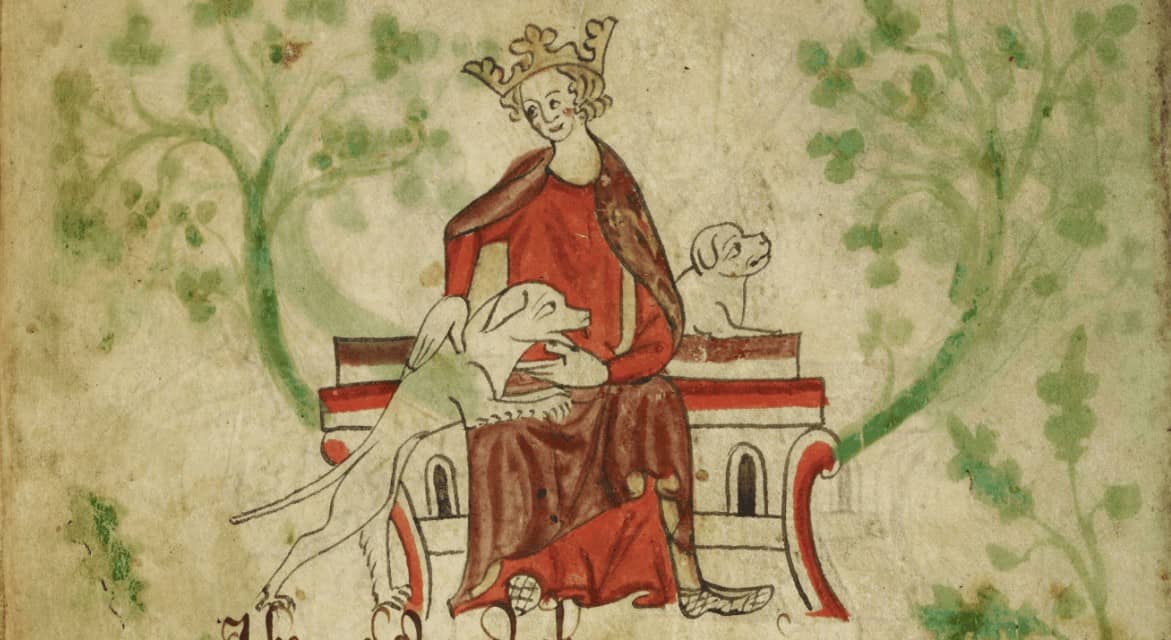Animals are a key but often forgotten part of the human story. In the first instance, we evolved certain characteristics, both mental and physical, in response to the threat of large predators. Our ability to hunt them ensured our species survived. When we domesticated them, keeping animals as pest controllers, hunters, guardians, and livestock, civilization eventually flourished. In this list, we’ll look at some of the animals that made this possible. We’ll also look at individual animals notable for acts of great valor. But not all animals have intervened in history to the benefit of mankind…

40. Geese saved Rome from the Senone Celts in 390 BC
In 390BC, Rome was at war with the Senone Celts. For over two centuries, the Celts had fought and spread through Europe, but this year they reached the gates of Rome. While the beleaguered Romans slept, the Celtic commander Brennus sent his bravest warriors to scale the cliffs by the Capitoline. Unfortunately, Rome’s fearsome guard mastiffs slept through the clatter of weapons, but not everything snored that night. Geese, sacred to Juno, lived on the Capitoline, and awoke to hiss and honk at the Celts. This woke the Roman people, who fought off the Celts and saved Rome. Thanks, geese!

